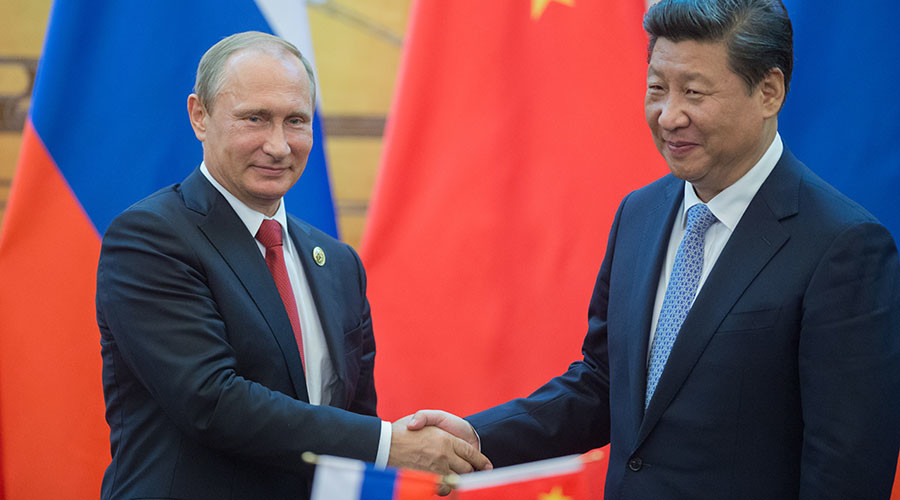Expertise Asia has posted almost 1,000 articles over the past 5 years. Interested readers have the option to contribute to the publication, as an acknowledgment of the value provided to them. Contributions do not commit the author to future production. Thank you for your continued support.

I had mentioned Beijing’s One Belt One Road (OBOR) conference in an earlier post this week. But I always feel there is more to say when it comes to the future of China’s Silk Road and more generally the future of the Eurasian plate. You will recall that I noted the absence of G7 leaders at the summit, with the inglorious exception of Italy’s prime minister. The US sent a senior delegation, but only to squeeze into the AIIB last minute.
The postings on this website are confidential and private. The material is provided to you solely for informational purposes and as a complimentary service for your convenience, and is believed to be accurate, but is not guaranteed or warranted by the author. It has not been reviewed, approved or endorsed by any financial institution or regulatory authority in your jurisdiction. It should not in any way be construed as investment advice and/or -recommendation of any kind, in any market and in any jurisdiction. The views expressed therein are none other than the author’s personal views. He is not responsible for any potential damages or losses arising from any use of this information. The reader agrees to these terms.